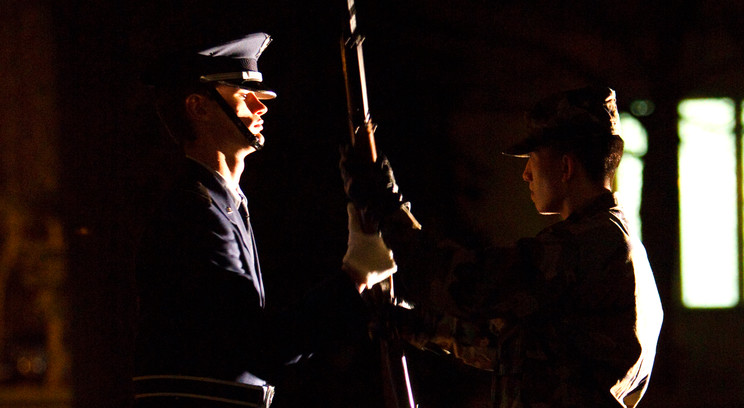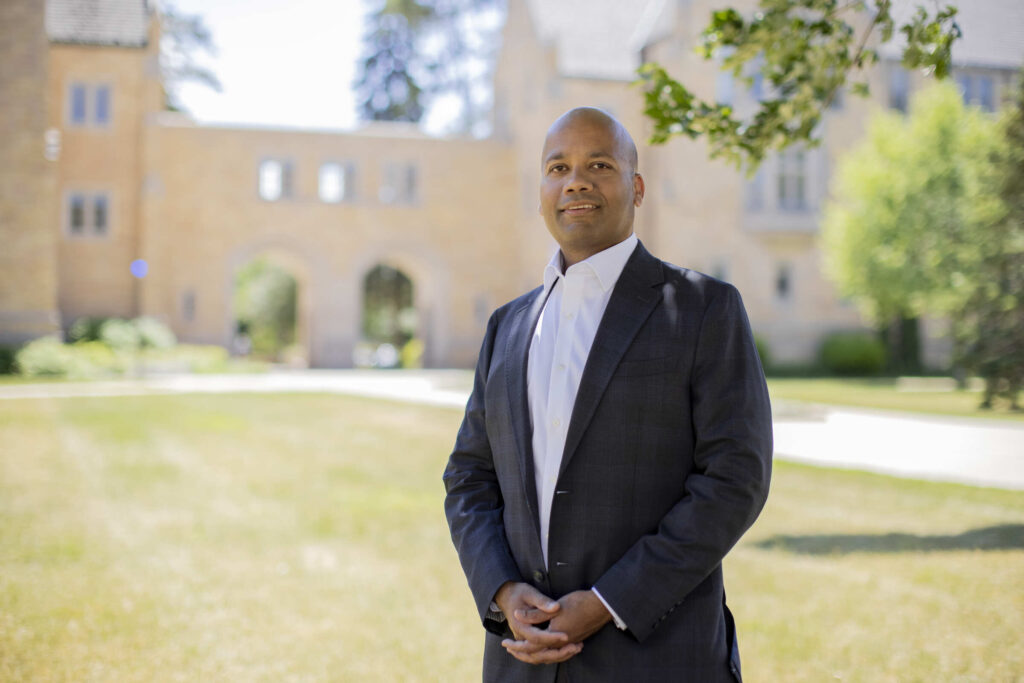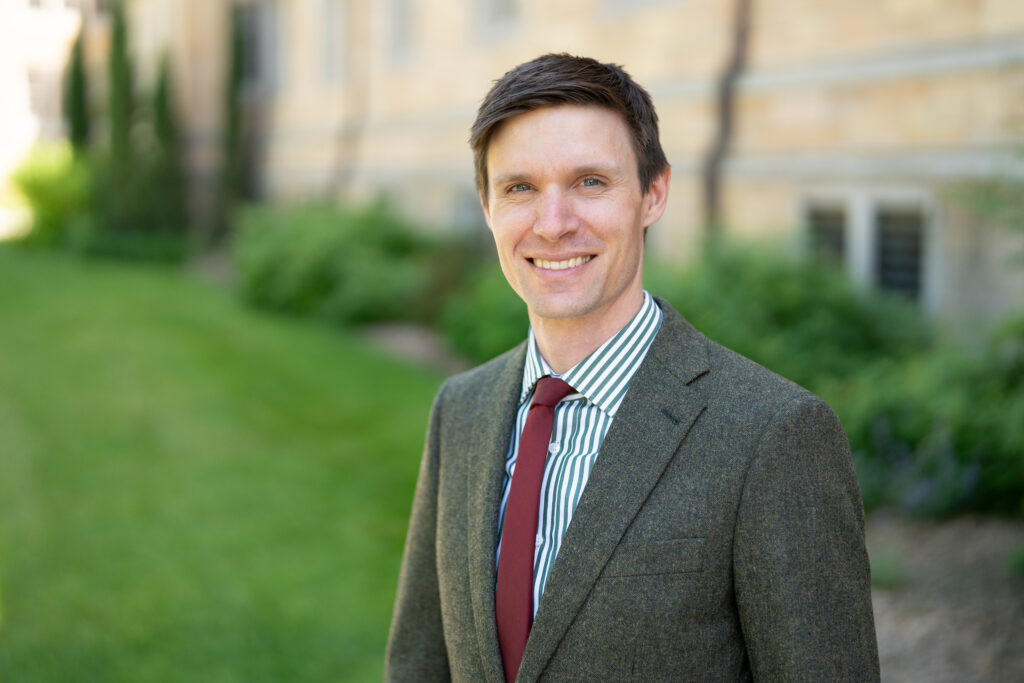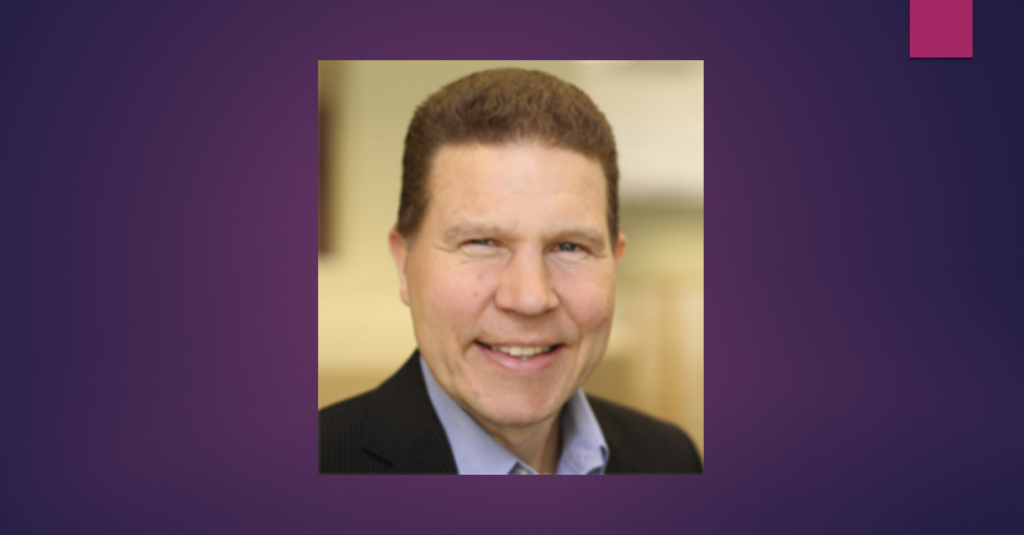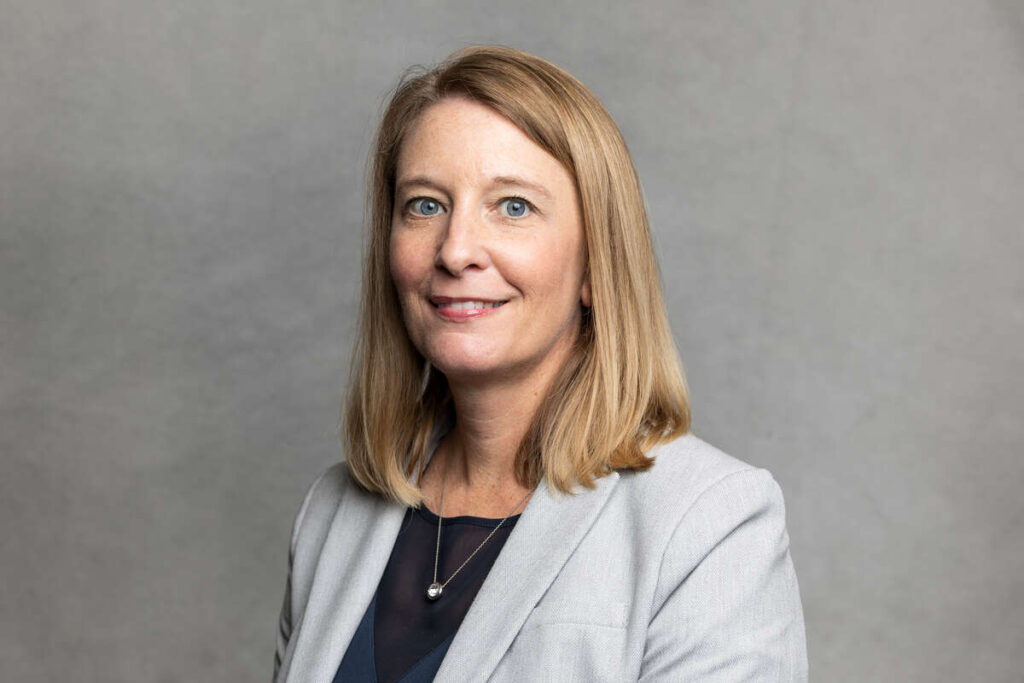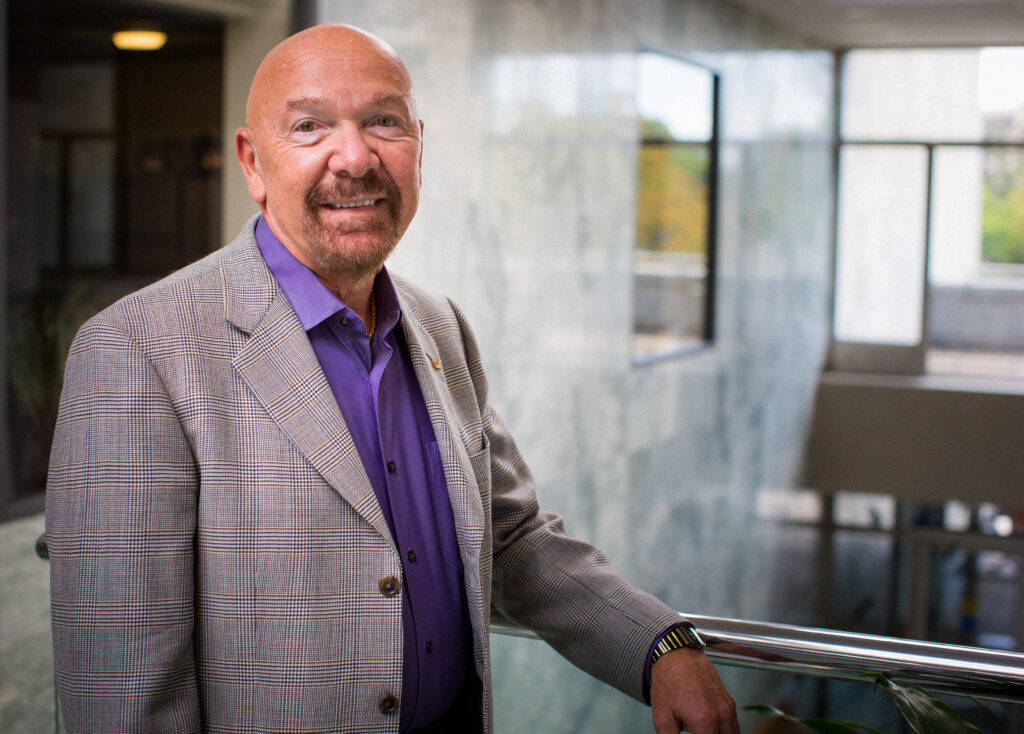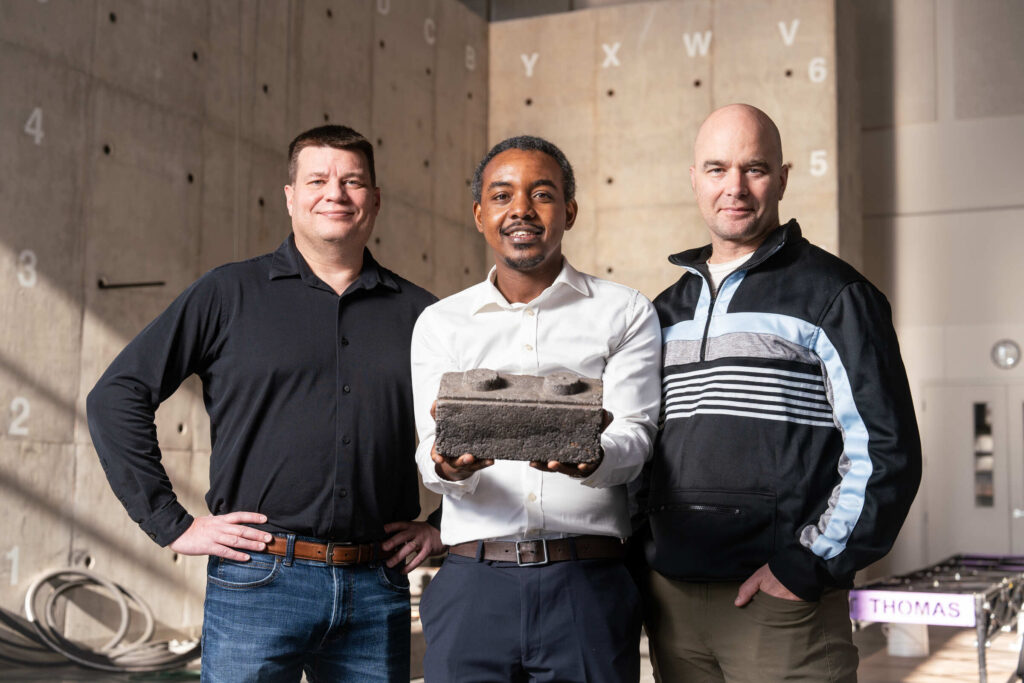 In December 1976, veteran George Lang was one of 28 students to graduate from St. Thomas’ first-ever MBA class, marking the beginning of a legacy that has grown into today’s Opus College of Business. Moving from a background in mathematics, Lang went on to transition to a longtime career in finance and real estate, start his own consulting company and most recently, join the Graduate Business Alumni Board.
In December 1976, veteran George Lang was one of 28 students to graduate from St. Thomas’ first-ever MBA class, marking the beginning of a legacy that has grown into today’s Opus College of Business. Moving from a background in mathematics, Lang went on to transition to a longtime career in finance and real estate, start his own consulting company and most recently, join the Graduate Business Alumni Board.
A lifelong resident of St. Paul, Lang says he got his start in the military in JROTC while still a student at Cretin High School (which became Cretin-Derham Hall in 1987). He went on to study mathematics at the University of Notre Dame, where he was a member of ROTC. After his graduation in June 1964, he spent two years in the army. He was pulled into a unit at Fort Lewis in Washington, landing in military intelligence, an area in which he would spend his entire army career. A year later, when President Johnson decided to move American troops into Vietnam, Lang found himself in the company of 5,000 men of the first infantry division, who sailed over to Vietnam to prepare the way. Lang described the experience as “not like the current day military, but not like the World War II military. It was, ‘Go out and try to eliminate the enemy,’ who was very clandestine.”
Upon his return a year later, Lang had already written ahead of time to apply for and secure a job with St. Paul Fire & Marine Insurance Company, now known as the Travelers Companies. For three years he worked primarily as a computer programmer before getting into a research analyst position. Lang and a partner introduced the company to the first personal computers, as well as the first terminals, as the new technology spread to the public at the end of the 1960s. “Quickly, it appeared to me I had reached the top of where I was,” Lang said, citing that this was the time he began looking for a graduate business program that would advance his career.
“In the spring of ’74, I saw there was a little ad in the St. Paul paper – St. Thomas was considering starting a graduate [business] program,” Lang recalled. He applied and was accepted into the program with about 30 others who started in the fall of 1974. “Twenty-five of them were like me: They had scientific or technical backgrounds, they were people working as chemists at 3M, in computers at IBM or Control Data … who wanted to learn about the business side,” Lang said.
The part-time program then consisted of 13 courses taught Tuesday and Thursday evenings in the O’Shaughnessy Educational Center – the present-day Minneapolis Opus College of Business campus not yet in existence – in two-course fall and spring semesters and optional summer sessions. A bare-bones faculty included Dr. Eugene Kotz, the founding dean of the program, Dr. Theodore Fredrickson and campus and adjunct professors. “We learned a lot – a lot more from just sharing experiences as opposed to reading out of books,” Lang said, touching on a hallmark of the program that exists to this day.
Lang stayed with St. Paul Companies through the duration of his MBA program, moving into a planning and research analyst position in 1975. He was involved in analyzing the company as well as making decisions about purchasing other companies, helping to sharpen his business skills. “No one ever said, ‘Well, you can have this job because you now have an MBA,’ but implicitly it was that. I don’t think I would’ve gotten there without it.”
Over the years, St. Paul Companies had begun to expand its services, creating subsidiaries and selling property casualty insurance, financial services, personal finance, loans, title insurance and life insurance, with Lang on the forefront. He was a member of senior management of some the resulting subsidiaries of the company: The St. Paul Leasing Company in 1976 and the St. Paul Title Insurance Corporation in 1978. After three to four years, the company realized these were hurting the base business. “When they made the decision to get out of all that, I was one of the people who was instrumental in selling off and closing down most of those businesses,” Lang said. He closed the last one in 1981, then took the offer joining a newly formed real estate subsidiary, St. Paul Properties, where he stayed until his retirement in 1997, buying, maintaining and selling real estate around the country for investment purposes.
As for Lang’s military career, about a month after he had returned from Vietnam, he got a call from Fort Snelling reminding him of the eight-year obligation to the army he had taken on through ROTC and asking him to report to the army intelligence unit there. Lang stayed there for nearly four years and achieved the rank of captain. With nowhere to move up, he joined a unit in Washington, D.C., and spent the next 15 years doing two- or three-week training and taking correspondence courses, eventually achieving his army retiring rank of lieutenant colonel at 5o with a total 28 years of service – two active and 26 reserve.
After retiring from Travelers, Lang started his own consulting company, OVERLOOK Realty Investment Advisers. Essentially the only employee, Lang works out of his home, advising customers on real estate investments and related issues. “It keeps me in touch with the industry,” Lang said, adding that he spends three to four hours a day looking into real estate stocks and practicing investment analysis on his own. Besides that, he wants to increase his involvement in nonprofit work. He has already served on boards for nonprofits involved with affordable housing and foster care, mostly bringing in his finance and investment expertise.
Continuing his dedication to service, Lang is excited to be part of the Graduate Business Alumni Board. He sees this as an opportunity to reconnect with St. Thomas and to see what current-day students are learning. “I’m more than twice the age of everyone else there, but I add a little history to it and put things into perspective,” Lang said. But his primary reasons for joining the board are getting seniors – as in the people who graduated decades ago – more involved in the graduate community and getting veterans more involved on both the graduate and undergraduate levels.
With his involvement in nonprofits and education boards, consulting company and family obligations (a wife, two girls in Maple Grove and a son in Dallas), Lang’s work is cut out for him. “My life, at least the things I work on, is pretty much laid out, which makes me feel good because I don’t want the uncertainty of not having anything to do,” Lang said. As for that the next step? He would like to continue the journey. “I would love to see 90 – I would love to see 100! I think life is worth living for a long time.”
